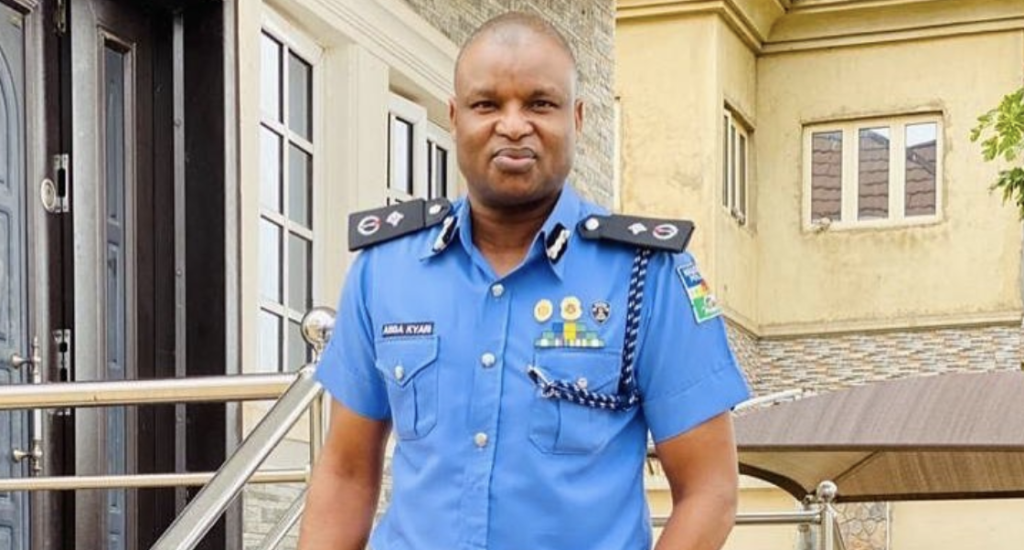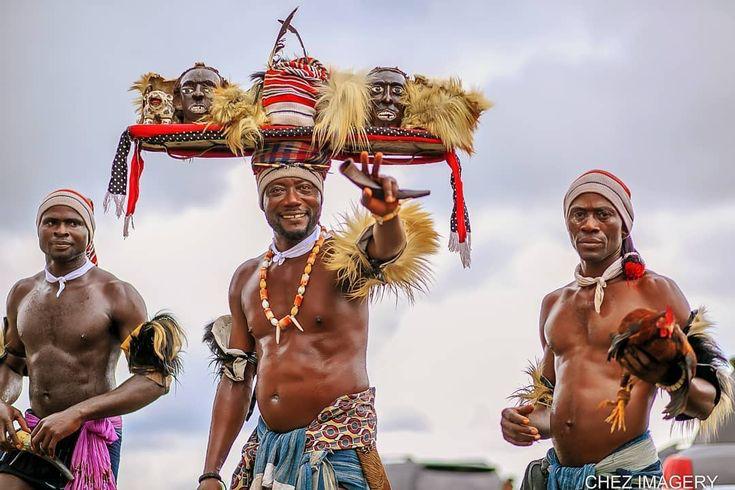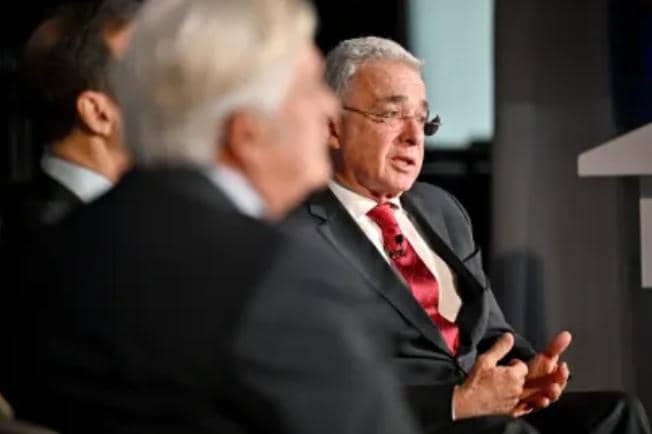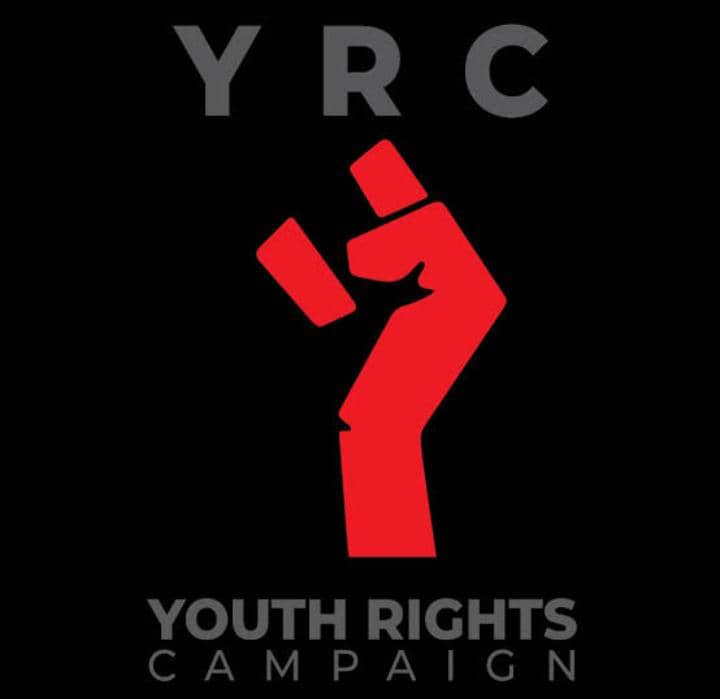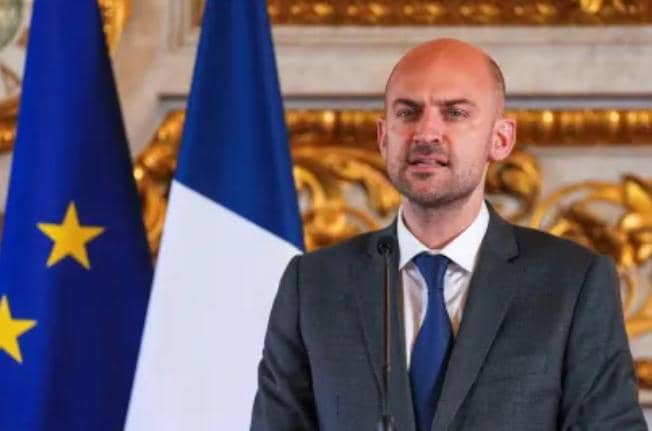News
Outrage as El Salvador Approves Indefinite Presidential Reelection
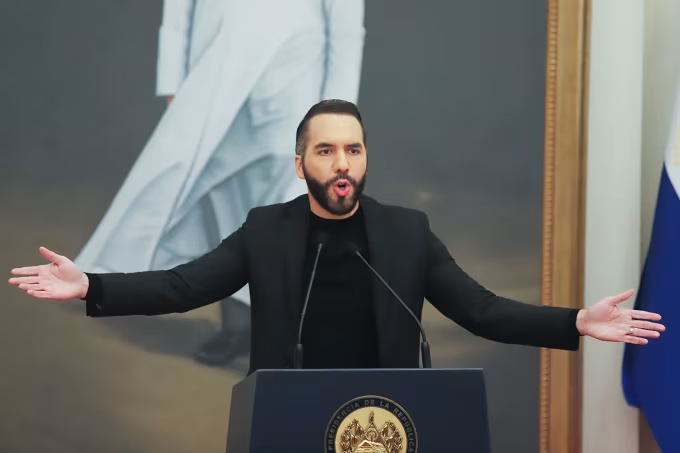
El Salvador has taken a controversial step by approving indefinite presidential reelection and extending terms to six years.
The bill, passed on Thursday, July 31, by lawmakers loyal to President Nayib Bukele, has sparked widespread concern over the country’s democratic future.
The ruling party, New Ideas, and its allies voted overwhelmingly in favor of the constitutional changes.
Lawmaker Ana Figueroa proposed the amendment, which alters five key articles in the constitution.
The reform also eliminates a second round of voting in presidential elections.
With 57 lawmakers backing the motion and only three opposing it, the decision passed easily.
Critics say the changes allow Bukele to stay in power indefinitely, risking the collapse of checks and balances in the country.
President Bukele had already won reelection last year despite a constitutional ban.
That victory was made possible after Supreme Court judges appointed by his party ruled in 2021 that he could seek another term.
Since then, Bukele’s power has grown stronger.
In 2021, his party-controlled legislature removed constitutional court judges seen as the last institutional check on his power.
Now, with these new amendments, Bukele could seek another extended term as early as 2027.
The reforms also propose ending his current term two years early to align presidential and congressional elections.
Not everyone supports the move. Opposition lawmaker Marcela Villatoro, one of the three votes against the proposal, declared, “Democracy in El Salvador has died!” She warned that indefinite reelection would increase corruption and weaken democratic participation.
Supporters, however, claimed the change returns power to the people.
Vice President of the Assembly, Suecy Callejas, stated, “Power has returned to where it belongs the people.”
President Bukele, known for calling himself “the world’s coolest dictator,” has not responded to the announcement.
His popularity remains high, largely due to his tough approach to gang violence.
Still, international critics have raised concerns about his growing authoritarianism.
Human rights groups say dissent is being crushed, pointing to recent arrests of opposition lawyers and the relocation of rights organizations due to safety fears.
Despite mounting criticism, Bukele’s firm grip on El Salvador shows no signs of loosening.
His model of governance continues to inspire other leaders in the region.
For Diaspora Digital Media Updates click on Whatsapp, or Telegram. For eyewitness accounts/ reports/ articles, write to: citizenreports@diasporadigitalmedia.com. Follow us on X (Fomerly Twitter) or Facebook




